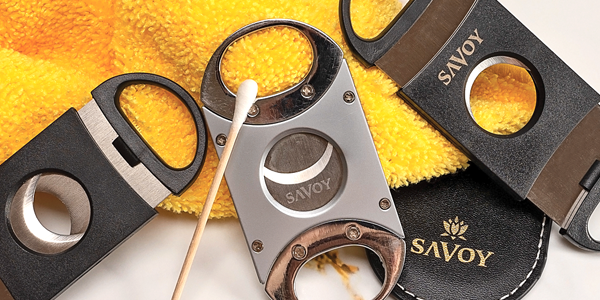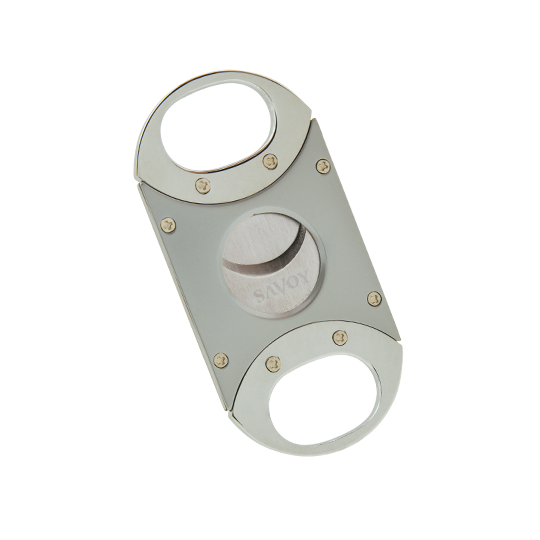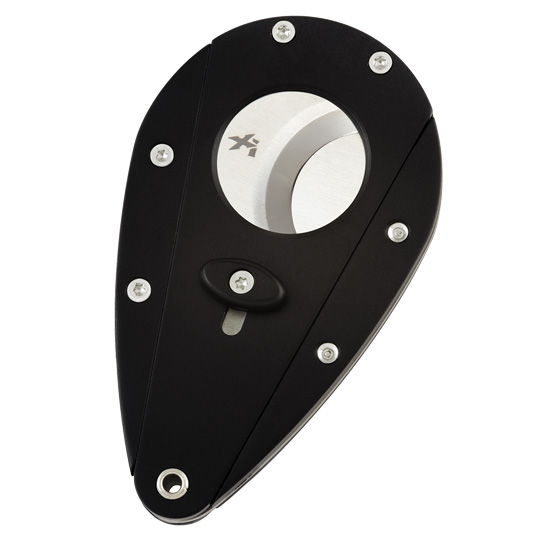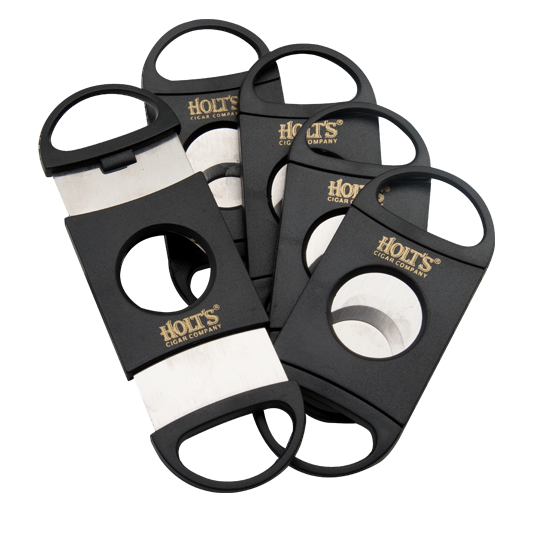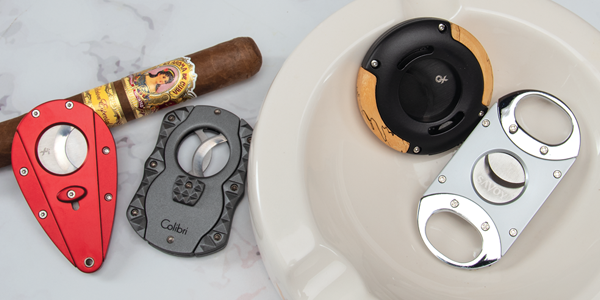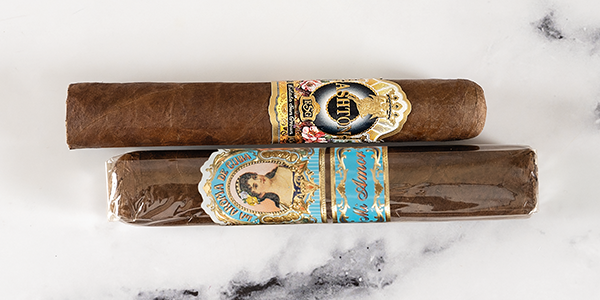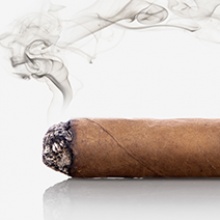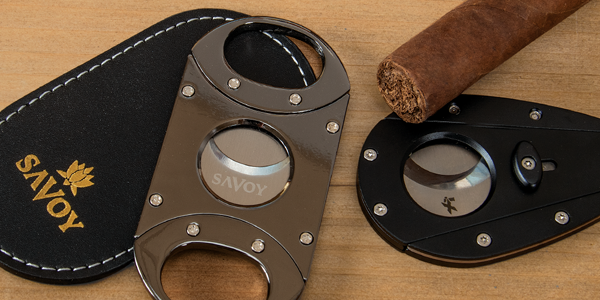How to Clean a Cigar Cutter
If you ever cut a cigar and the blades on your cutter seem stiff or unwilling to expand and contract all the way, your cutter is due for a cleaning. Some guys will toss a dirty cutter out because they assume it’s dull when it simply needs some TLC. Regularly sanitizing your cigar cutter improves its performance, eliminates germs, and maximizes its lifespan. Even cheap cutters last a long time when you clean them. Here’s a few tips for cleaning a dirty cigar cutter.
What You Need: Q-Tips, Rubbing Alcohol, and a Towel
Dip a Q-tip in rubbing alcohol and rub it over the blades of your cutter. Wipe the blades down with a towel. Repeat the process and clean the blades on both sides in the closed and open positions. You’ll notice an immediate improvement in your cutter’s performance – unless it’s dull and needs to be sharpened.
Should You Lubricate the Blades? No.
Sure, it only takes a second to blast the blades with WD-40 or brake cleaner, but you’re cleaning something that comes into contact with cigars you put in your mouth. Toxic chemicals never make cigars taste better. Even safer lubricants like vegetable oil can be problematic because they attract debris after they’re applied to the blades. Stick with rubbing alcohol.
Avoid Cutting Cigars You’re Already Smoking
We’ve all experienced the occasional plugged draw. The easiest solution is to cut the cigar a little deeper to open it up. However, if you regularly recut your cigars after you’ve been smoking them for a while, use a cheap disposable cutter to do the job. The moist end of a cigar that’s been in your mouth will transfer unwanted gunk to your cutter’s blades, and it will build up. Save your good cutter for executing the initial cut with precision before the cigar’s been in your mouth.
Also, you can cut cigars with the cellophane on, but your cutter will wear out faster. Bits of cellophane can get stuck between the blades and interfere with your cutter’s accuracy. Take the cello off first for the cleanest, sharpest cut.

